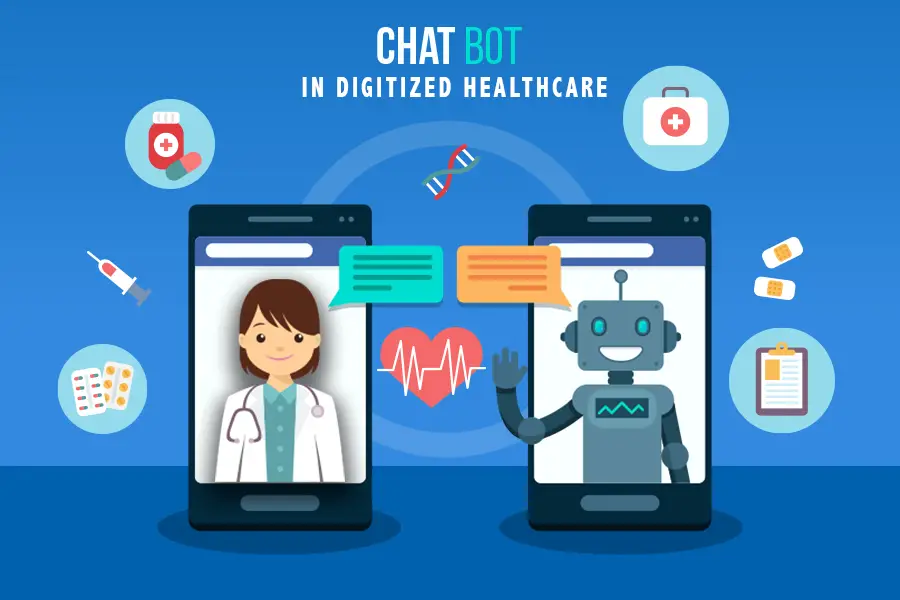ChatGPT in the Public Sector: Enhancing Citizen Services and Engagement

The advent of ChatGPT, a powerful and advanced language model, presents transformative possibilities for the public sector. This technology has the potential to revolutionize the way governments interact with citizens, enabling them to provide more efficient, comprehensive, and personalized services while fostering greater engagement.
Citizen Services:

- Automated Inquiries: ChatGPT can serve as a virtual assistant for citizens, automating responses to common inquiries and providing information about government programs and services. This frees up human employees to focus on more complex tasks and reduces wait times for citizens.
- Personalized Interactions: ChatGPT can personalize experiences for each citizen, providing tailored advice and guidance based on their unique needs and circumstances. This can enhance the quality of services and improve citizen satisfaction.
- Proactive Support: ChatGPT can proactively identify potential issues or areas where citizens may need assistance, reaching out to them with relevant information or resources. This proactive approach can prevent problems from escalating and improve overall service delivery.
Citizen Engagement:
- Feedback Gathering: ChatGPT can collect citizen feedback on various policies and programs, providing governments with valuable insights into public sentiment. This can help tailor services to meet the evolving needs of citizens.
- Community Forums: ChatGPT can facilitate community forums and online discussions, enabling citizens to engage with each other and with government officials. This can foster a sense of community and promote transparency.
- Public Hearings: ChatGPT can enhance public hearings by providing real-time summaries and analysis of citizen input, helping government officials make more informed decisions.
Implementation Considerations:
To effectively integrate ChatGPT into the public sector, governments must consider several key factors:
- Data Security: ChatGPT must comply with regulations governing data privacy and protection. Governments must implement robust security measures to safeguard citizen information.
- Ethical Considerations: Governments must establish ethical guidelines for the use of ChatGPT to avoid bias, discrimination, or the spread of misinformation.
- Human-Centric Approach: ChatGPT should complement human employees rather than replace them. Governments should use ChatGPT to enhance the efficiency and effectiveness of existing services, without eliminating the need for human interaction.
Conclusion:
ChatGPT has the potential to transform the public sector, making it more responsive, efficient, and engaging for citizens. By embracing this technology and addressing the associated considerations, governments can leverage its capabilities to improve service delivery, foster citizen participation, and enhance the overall quality of life in their communities.

